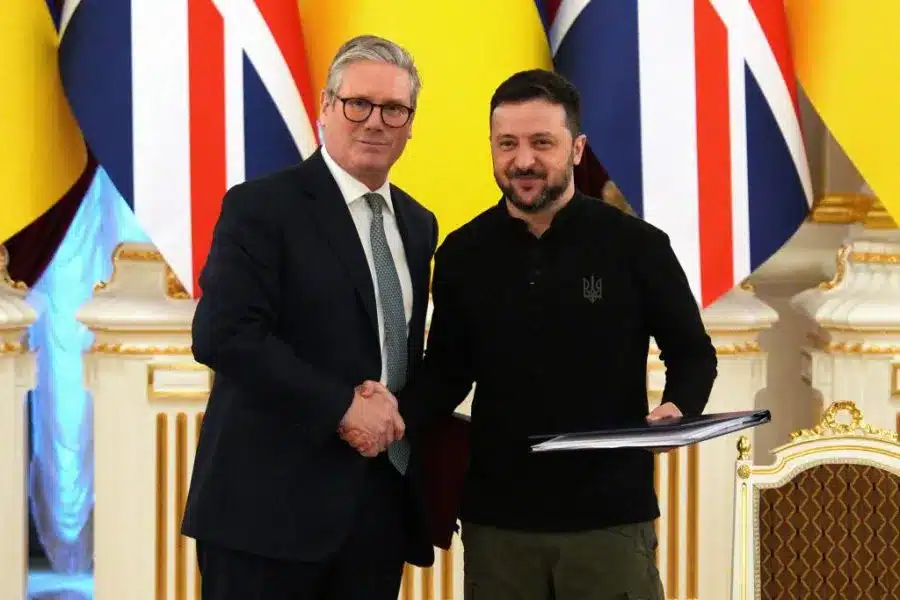
The British Council has pledged to continue its educational and cultural programmes in Ukraine, even after its Kyiv office was damaged during a Russian missile strike earlier this week.
On Wednesday night, the organisation’s office in Kyiv was struck by a missile, leaving one staff member injured and hospitalised. Chief executive Scott McDonald confirmed that all colleagues were accounted for and that the injured employee is now in stable condition.
“This was a stark reminder of the risks our teams face in conflict-affected areas,” McDonald said. “Their resilience and commitment to carrying on despite such dangers is extraordinary.”
Despite repeated air alerts and the need for staff to take shelter, the British Council has continued its operations in Ukraine, where it has been active for more than 30 years.
Key initiatives include:
McDonald highlighted that cultural and educational programmes are particularly vital during wartime. “When a country is at war, the protection of its culture is ever more important, and the British Council is a key partner in supporting Ukraine,” he noted.
The organisation has also worked with youth events such as Molodvizh in Lviv, even after a partner representative and her family were tragically killed in a missile strike just before the event last year.
Operating in 200 countries and territories, the British Council often works in complex or dangerous settings. Its history has included tragic incidents, such as staff killed during Bangladesh’s 1971 liberation war and the 2011 Taliban attack on its Kabul office.
“We don’t give up when the going gets tough,” McDonald emphasised. “If we are forced to withdraw, we return as soon as possible.”
The British government has recently committed to a 100-year partnership with Ukraine, underlining the depth of bilateral ties. The British Council, an arms-length body of the Foreign, Commonwealth and Development Office, says its work will continue regardless of the security challenges.
“This war has placed the right to education of millions of young people at risk,” McDonald said. “That is when the British Council needs to deliver more than ever. Our work in Ukraine will go on – office or no office.”